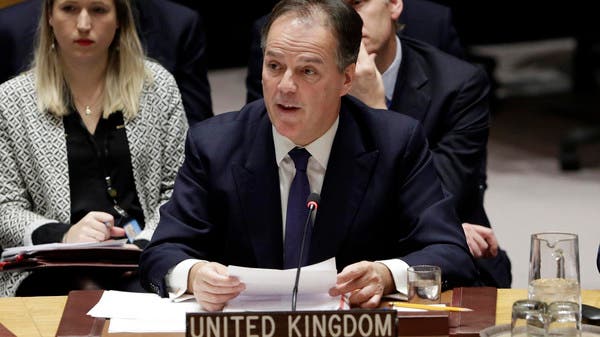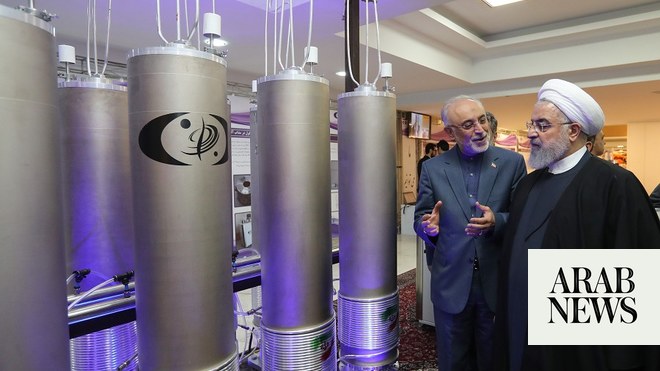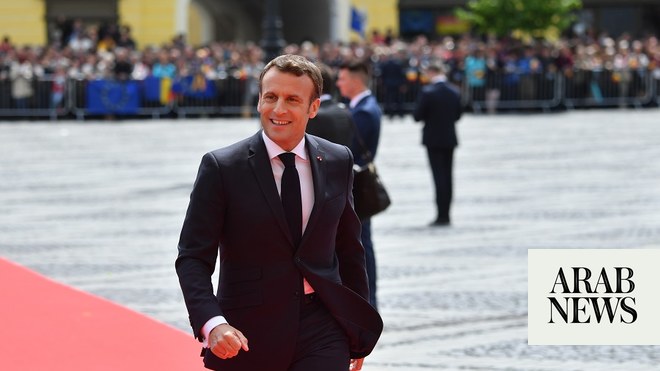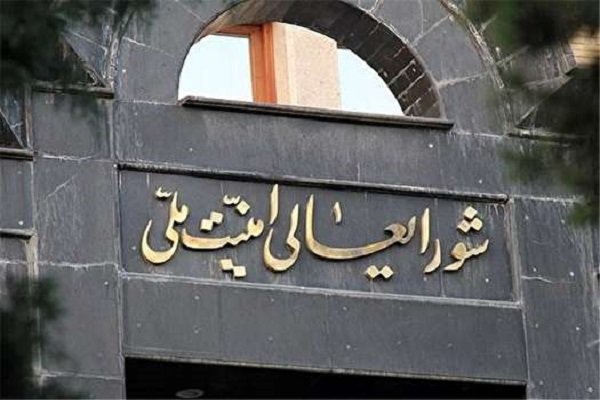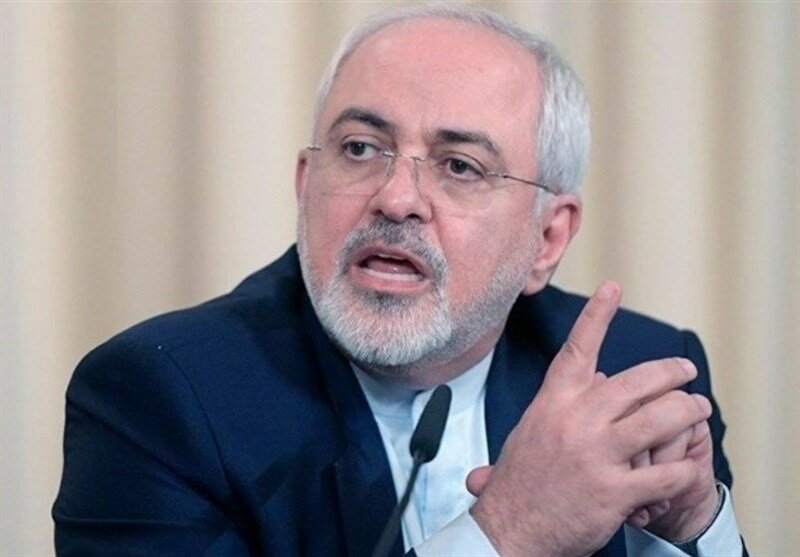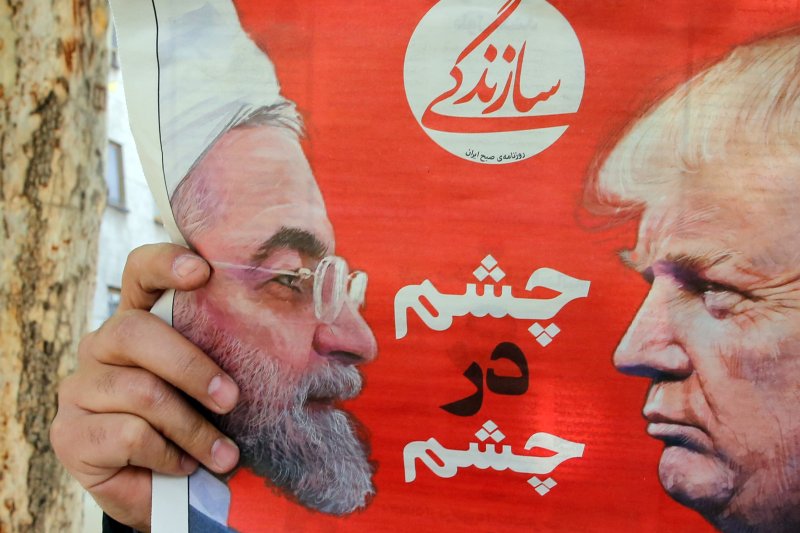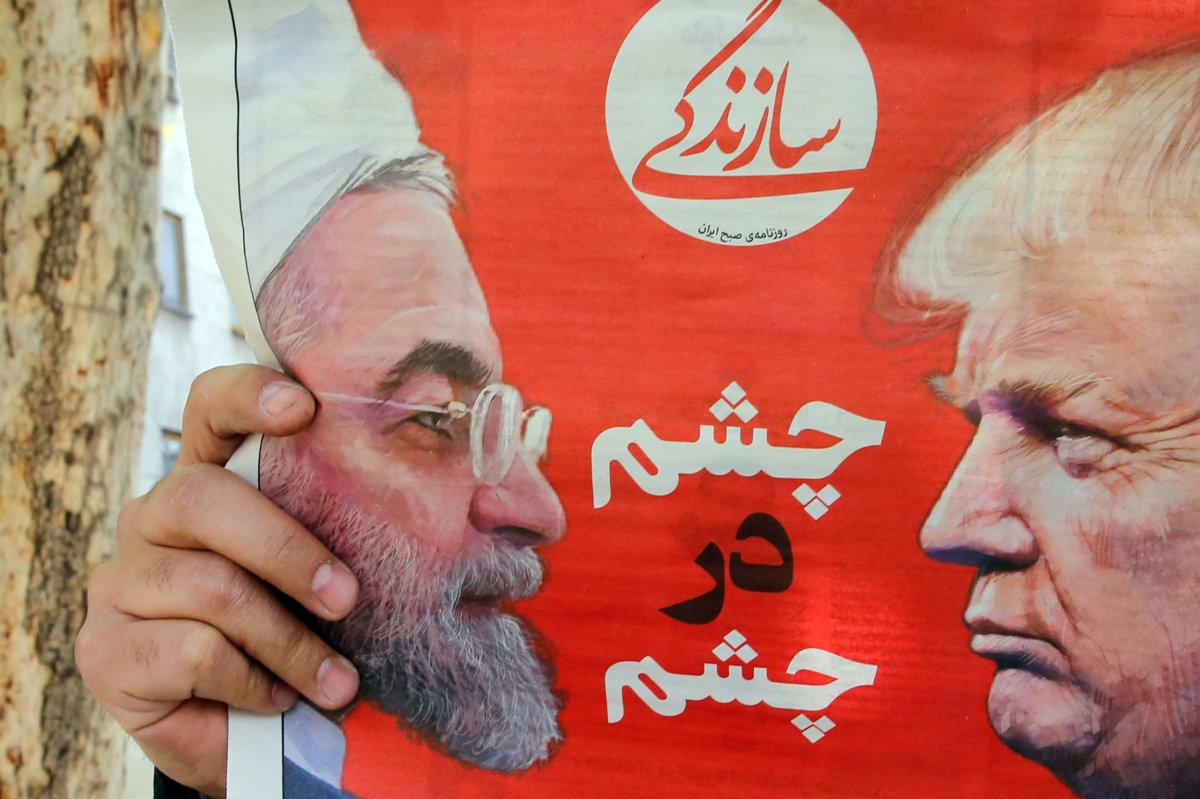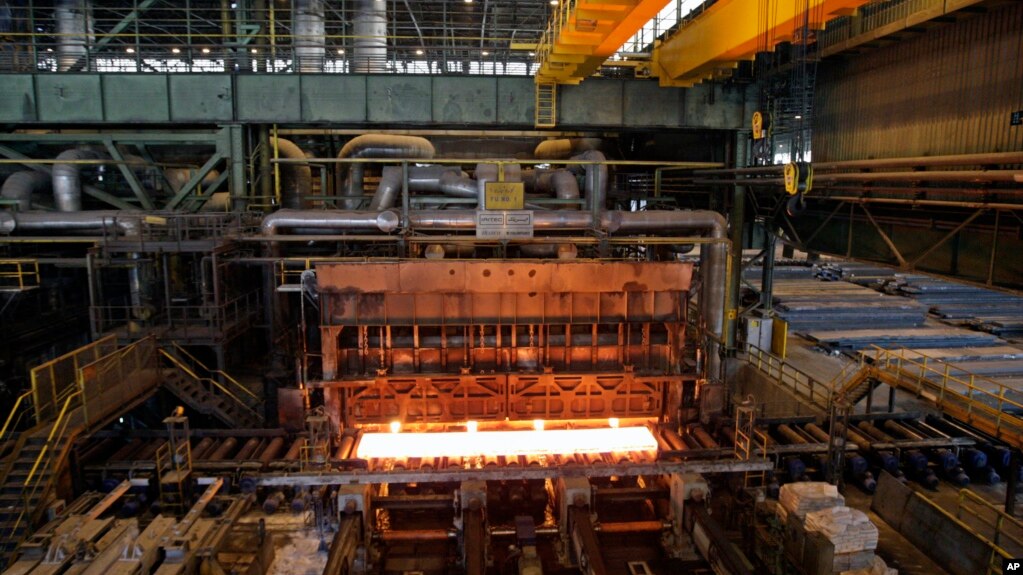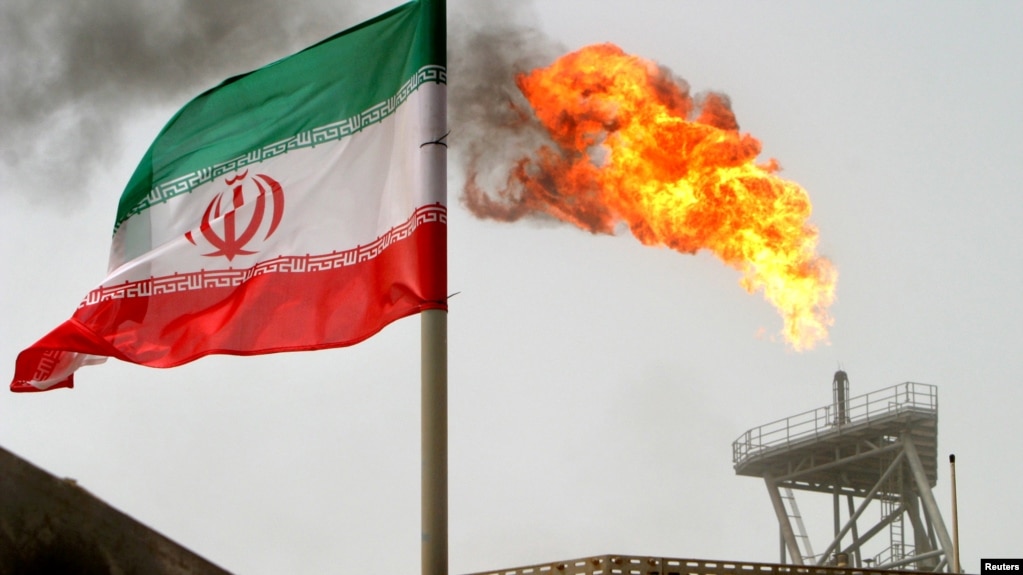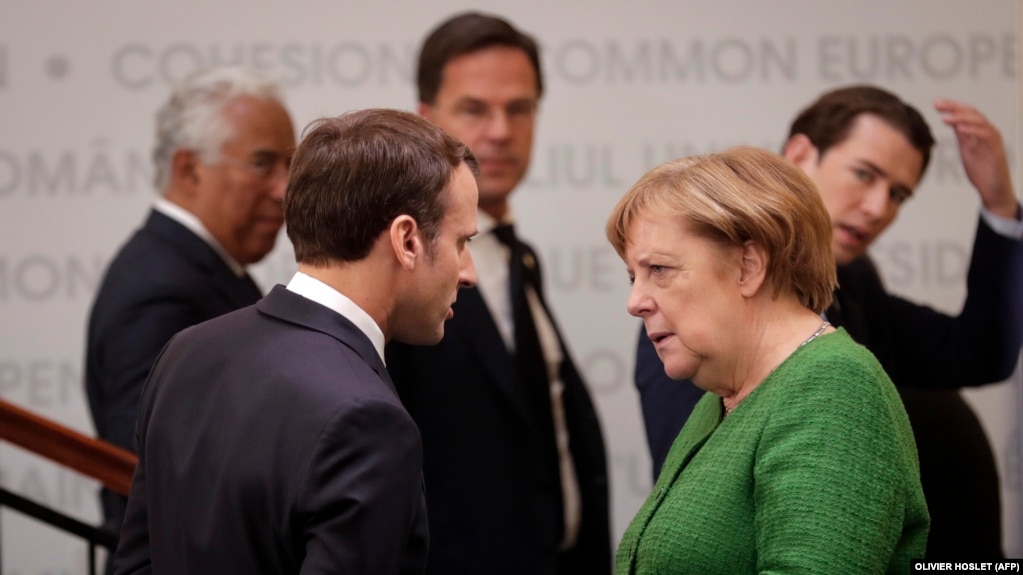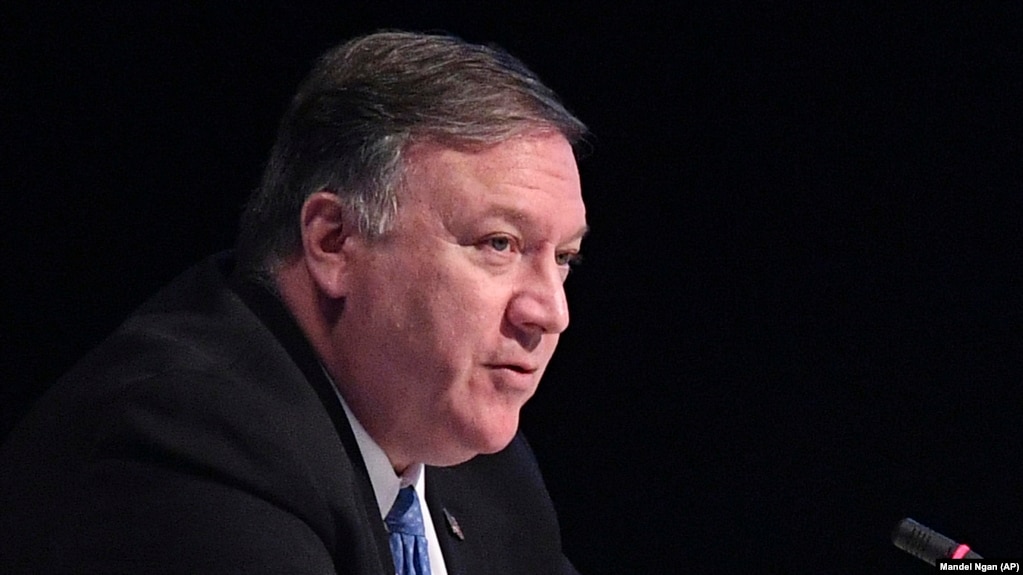Iran tells Russia its partial roll back of nuclear deal is legal
8 May 2019
Iranian Foreign Minister Mohammad Javad Zarif told his Russian counterpart on Wednesday that Tehran’s decision to reduce some voluntary commitments within its nuclear deal with world powers was legal, the RIA news agency reported.
Zarif, in Moscow for talks, told Russian Foreign Minister Sergei Lavrov that Iran’s actions did not violate the original terms of the nuclear agreement and that Tehran now had 60 days to take the necessary diplomatic steps.
Iran announced earlier on Wednesday it was scaling back curbs to its nuclear program under a 2015 deal with world powers, and threatened to do more - including enriching uranium to a higher level - if countries did not shield it from US sanctions.
Kremlin blames US
Earlier on Wednesday the Kremlin said that Iran had been provoked into rolling back some of the terms of a 2015 nuclear deal due to external pressure which it blamed on the United States.
“President Putin has repeatedly spoken of the consequences of un-thought-out steps regarding Iran and by that I mean the decision taken by Washington (to quit the deal). Now we are seeing those consequences are starting to happen,” Kremlin spokesman Dmitry Peskov told reporters on a conference call.
Peskov was speaking as talks in Moscow between avad Zarif and Lavrov got underway.
Peskov said Russia wanted to keep the nuclear deal alive and that its diplomats were doing all they could behind the scenes in talks with European officials to try to save it.
Asked if Russia might be ready to join other countries in imposing new sanctions against Iran over its partial roll back on the deal, Peskov said: “For now, we need to soberly analyze the situation and exchange views on this. The situation is serious.”
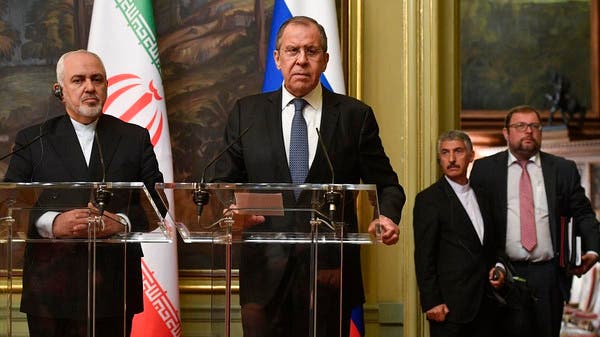
 english.alarabiya.net
english.alarabiya.net
8 May 2019
Iranian Foreign Minister Mohammad Javad Zarif told his Russian counterpart on Wednesday that Tehran’s decision to reduce some voluntary commitments within its nuclear deal with world powers was legal, the RIA news agency reported.
Zarif, in Moscow for talks, told Russian Foreign Minister Sergei Lavrov that Iran’s actions did not violate the original terms of the nuclear agreement and that Tehran now had 60 days to take the necessary diplomatic steps.
Iran announced earlier on Wednesday it was scaling back curbs to its nuclear program under a 2015 deal with world powers, and threatened to do more - including enriching uranium to a higher level - if countries did not shield it from US sanctions.
Kremlin blames US
Earlier on Wednesday the Kremlin said that Iran had been provoked into rolling back some of the terms of a 2015 nuclear deal due to external pressure which it blamed on the United States.
“President Putin has repeatedly spoken of the consequences of un-thought-out steps regarding Iran and by that I mean the decision taken by Washington (to quit the deal). Now we are seeing those consequences are starting to happen,” Kremlin spokesman Dmitry Peskov told reporters on a conference call.
Peskov was speaking as talks in Moscow between avad Zarif and Lavrov got underway.
Peskov said Russia wanted to keep the nuclear deal alive and that its diplomats were doing all they could behind the scenes in talks with European officials to try to save it.
Asked if Russia might be ready to join other countries in imposing new sanctions against Iran over its partial roll back on the deal, Peskov said: “For now, we need to soberly analyze the situation and exchange views on this. The situation is serious.”

Iran tells Russia its partial roll back of nuclear deal is legal
Iranian Foreign Minister Mohammad Javad Zarif told his Russian counterpart on Wednesday that Tehran’s decision to reduce some voluntary commitments

